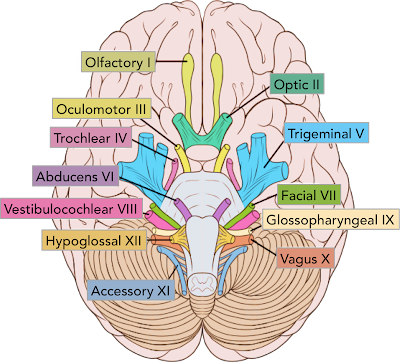Xenotransplantation - The Future of Organ Transplantation
Xenotransplantation is by definition, the process of grafting or transplanting organs or tissues between members of different species.
In a world where there is a dire need for organs,tissues and other grafts, xenotransplantation could be the key to ensuring that there is no shortage, and no one dies waiting for a transplant.
According to the NHS, in the UK alone there are 6137 people registered on the waiting list for a transplant, but there have only been a maximum of 4035 transplants received, giving a shortage of 2102.
Globally, today, 100 people will receive a new organ, a chance to start their life anew. But 20 people will also die waiting. That is a staggering 7300 deaths per year, due to inaccessible resources.
With xenotransplantation, you would expect to use organs from another member of the primate family e.g. chimpanzees, monkeys and baboons etc. due to their physological similarity and closely ancestral links. But the problem with this is that, since they are so similar to us, they are more likely to carry viruses capable of infecting humans, for example HIV. Ethical issues also arise due to their similarity with us humans, and much of the public is against exploitation of animals/other species for human benefit (speciesism).
We have chosen to use pigs, due to them meeting many of the criteria - they can be raised virus free, in a clean environment. Also, breeding primates is a much harder task than breeding pigs (which already are widely bred for the food industry.) Pigs have already been used for medical purposes elsewhere, e.g. with the donation of heart valves. The only concern scientists had with using pigs, is that the antigens on the surfaces of organs are so fundamentally different, that if they were put inside a human, the immune system would immediately attack it, no matter how many immunosuppresants are given. The solution to this would be genetically engineering and modifying pigs so that their organs will not be seen as foreign to a human's immune system - this is where Luhan Yang's incredible work with CRISPR comes in.
The first step was to remove a virus, which was benign in pigs but had to potential to be as fatal as HIV in humans - the porcine endogenous retrovirus (PERV). If xenotransplantation were to ever happen, this virus would have to be genetically modified out of all pig cells. What Luhan and her team did, was to make changes in a pig's cell to make it virus-free and human-immune-compatible (by using the enzyme CRISPR to cut DNA at relevant points and repair) The nucleus was then placed into an pre-enucleated egg cell, and implanted into a surrogate pig where it divides into an embryo (very similar to adult cell cloning). They successfully broke records, by taking out all 62 copies of the PERV virus in the pig's genome. The piglet born, was the first ever pig of its kind to be born without PERV, and hopefully will be compatible with us humans (although this has not been confirmed yet. It is too early to conduct organ testing on the piglet).
Luhan gave a TED-talk fully explaining her story and idea which you can watch here - [ https://www.ted.com/talks/luhan_yang_how_to_create_a_world_where_no_one_dies_waiting_for_a_transplant/transcript ]
Organs from pigs would actually be better overall, than using human-donated ones. Xeno-organs are bred and designed specifically for the task, which means that they are healthy, but human organs are frequently donated from people who were not in their prime health. For example, if you take a kidney from a brain-dead donor, there is significant structural damage to it e.g. due to absence of oxygen and metabolic changes. The result is that most organs do not work very well, only just fitting the criteria for being acceptable.
Perhaps suprisingly, one of the oppositions to this idea would be the fact that you have something that is innately non-human/ from a PIG inside of you (e.g. religious beliefs/obligations). But the potential benefit this would have, in potentially solving the organ shortage crisis , is huge.
Luhan imagines that this procedure will start to roll out within the next decade or so.





Comments
Post a Comment